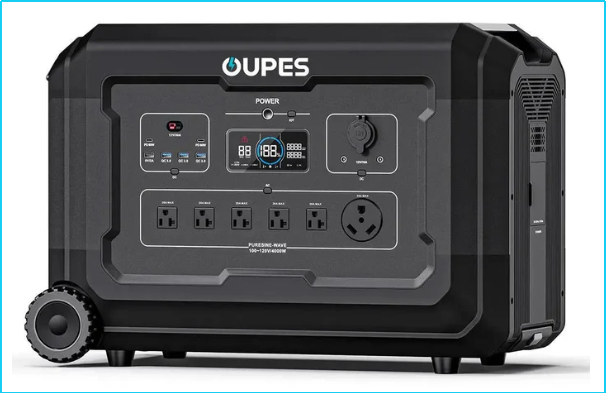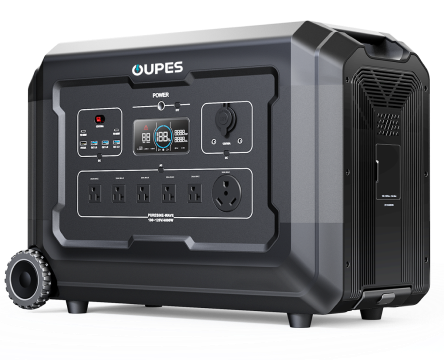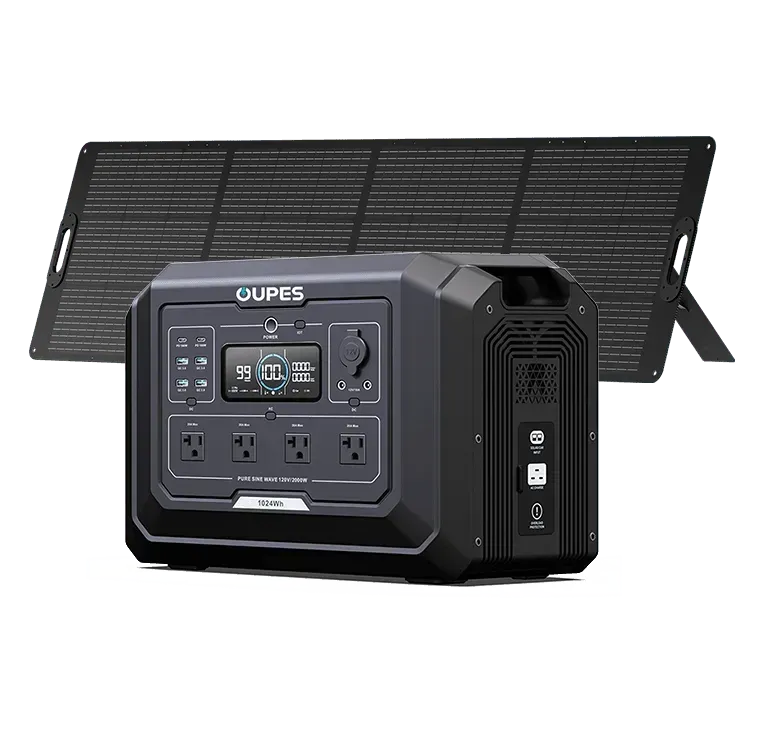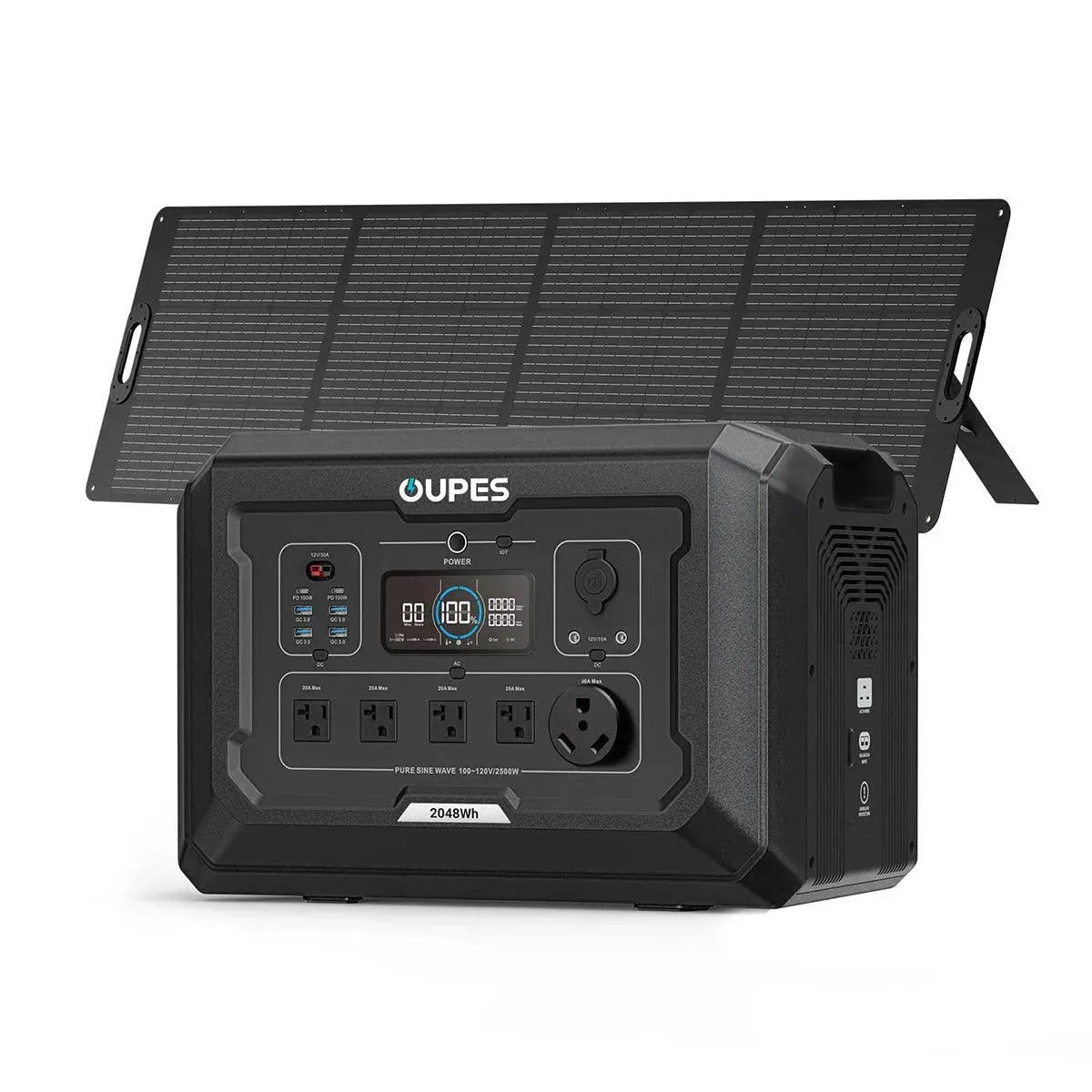
Understanding mAh and Wh
Before diving into calculations, it’s important to understand what each unit represents. Both mAh (milliampere-hour) and Wh (watt-hour) are measurements of electrical energy, but they describe different aspects.
What is mAh?
mAh stands for milliampere-hour and measures electric charge capacity—how much current a battery can deliver over time. For example, a 10,000 mAh battery can theoretically provide 10,000 milliamps (10 amps) for one hour, or 1 amp for ten hours.
What is Wh?
Wh, or watt-hour, measures the total energy a battery can deliver. It takes both current and voltage into account, giving a clearer picture of how long a battery can power a device. This is the unit most often used to compare total energy storage across different battery types.
Why Converting mAh to Wh Matters
Understanding how to convert mAh to Wh is crucial for several reasons. It allows you to compare batteries of different voltages fairly, estimate how long devices will run, and comply with airline or shipping regulations that specify limits in watt-hours, not milliampere-hours.
Key Reasons to Convert
- Energy Comparison: Helps compare different batteries regardless of voltage.
- Safety Regulations: Many transportation limits are based on watt-hours.
- Performance Understanding: Knowing watt-hours helps predict how long your device can operate.
The Basic Formula for Converting mAh to Wh
The conversion between milliampere-hours (mAh) and watt-hours (Wh) is based on the relationship between power, current, and voltage:
Wh = (mAh × V) ÷ 1000
Here’s what each symbol means:
- Wh: Watt-hours (energy)
- mAh: Milliampere-hours (charge capacity)
- V: Voltage of the battery
Dividing by 1000 converts milliampere-hours (mAh) to ampere-hours (Ah), since 1 Ah = 1000 mAh.
Understanding the Relationship
This formula works because:
1 Watt = 1 Volt × 1 Ampere
So if you know how many milliamp-hours your battery can deliver and at what voltage, you can easily calculate total watt-hours.
Step-by-Step Conversion Example
Let’s say you have a battery rated at 10,000 mAh and 3.7 volts, a common configuration for portable electronic devices. Here’s how you convert it to watt-hours.
- Step 1: Identify the given values: 10,000 mAh and 3.7 V.
- Step 2: Apply the formula: Wh = (10,000 × 3.7) ÷ 1000.
- Step 3: Solve: Wh = 37 Wh.
So, a 10,000 mAh battery at 3.7V stores about 37 watt-hours of energy.
Another Example
If a battery is 20,000 mAh at 12 volts:
Wh = (20,000 × 12) ÷ 1000 = 240 Wh
That’s enough power to run a 60-watt device for roughly four hours, assuming perfect efficiency.
Common Voltage Values Used in Conversion
Batteries have different nominal voltages depending on their chemistry. When converting mAh to Wh, it’s essential to use the correct voltage value. Using the wrong voltage can lead to inaccurate energy calculations.
| Battery Type | Nominal Voltage (V) |
|---|---|
| Lithium-ion / LiFePO₄ (single cell) | 3.2 – 3.7 V |
| Nickel-Metal Hydride (NiMH) | 1.2 V |
| Lead-Acid | 2.0 V per cell |
| 12V Battery Pack | 12.0 – 12.8 V |
| 24V Battery Pack | 24.0 – 25.6 V |
Comparison of mAh and Wh Ratings
Here’s a quick comparison to help visualize how mAh translates into Wh across different voltages.
| Battery Capacity (mAh) | Voltage (V) | Energy (Wh) |
|---|---|---|
| 5,000 | 3.7 | 18.5 |
| 10,000 | 3.7 | 37.0 |
| 10,000 | 12.0 | 120.0 |
| 20,000 | 12.0 | 240.0 |
| 40,000 | 24.0 | 960.0 |
As you can see, the voltage has a direct and significant impact on total watt-hour capacity, even when the milliamp-hour rating remains the same.
How to Calculate Backwards: Wh to mAh
Sometimes you’ll see energy listed in watt-hours and need to know the equivalent in milliamp-hours. The formula can easily be reversed:
mAh = (Wh × 1000) ÷ V
Example:
If you have a 60 Wh battery with a nominal voltage of 12V:
mAh = (60 × 1000) ÷ 12 = 5000 mAh
That means your 60 Wh, 12V battery has roughly 5000 mAh of capacity.
Common Mistakes to Avoid
1. Ignoring Voltage
Many people assume mAh values can be compared directly without considering voltage. This leads to misleading conclusions—always include voltage in your calculations.
2. Using Peak Voltage Instead of Nominal Voltage
Batteries fluctuate between full-charge and discharge voltages. Always use the nominal voltage (the average value) for accurate energy estimation.
3. Confusing Capacity and Power
mAh indicates how much current can flow over time, while Wh measures total stored energy. A higher mAh doesn’t always mean a longer runtime unless voltage is the same.
Real-World Applications of the Formula
1. Comparing Battery Packs
When comparing two power banks or energy storage devices, watt-hours give a fairer measure of total energy storage than mAh alone. Two batteries can have identical mAh ratings but vastly different Wh values depending on their voltages.
2. Estimating Device Runtime
You can use Wh to estimate how long your battery will power a device. For instance, a 60 Wh battery powering a 20W light will last approximately three hours (60 ÷ 20 = 3).
3. Air Travel and Safety
Airlines limit the size of lithium batteries you can carry onboard based on watt-hours. Most allow batteries under 100 Wh in carry-on luggage without special approval.
4. Designing Solar or Backup Systems
Understanding Wh helps design systems for solar energy storage or off-grid power use, allowing you to balance storage capacity, inverter requirements, and runtime expectations.
FAQ
1. What is the fastest way to convert mAh to Wh?
Use the formula Wh = (mAh × V) ÷ 1000. Multiply the mAh rating by voltage, then divide by 1000.
2. Why is voltage important when converting mAh to Wh?
Voltage determines how much energy each amp-hour represents. Without including voltage, your Wh calculation will be inaccurate.
3. What voltage should I use in the formula?
Use the battery’s nominal voltage (average operational voltage), not the fully charged or discharged value.
4. Is Wh or mAh more accurate for measuring energy?
Wh is more comprehensive because it factors in both capacity and voltage, offering a true measure of stored energy.
5. Can I use this formula for any battery type?
Yes. The formula works universally for lithium-ion, lead-acid, NiMH, and LiFePO₄ batteries, as long as you know the nominal voltage.
6. How can I check if my conversion is correct?
Recalculate both ways. If you convert from mAh to Wh and then back again using the reversed formula, the numbers should match closely.
7. Why do manufacturers sometimes only list mAh?
mAh is more familiar to consumers and easy to market, but professionals rely on Wh for precise energy evaluation.




























